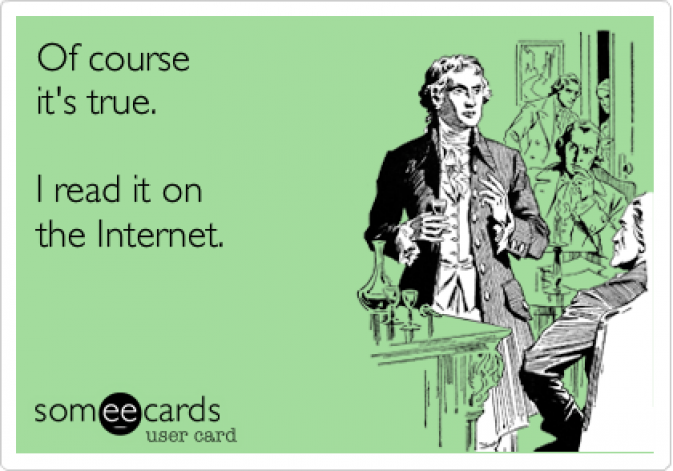Critical Thinking
Motives, Agendas & Sources
 The degree of trust we should invest in a source should directly correlate with its level of credibility:
The degree of trust we should invest in a source should directly correlate with its level of credibility:XXX
- Is the source corroborated? Are there other sources which agree with the one in hand?
XXX - Does it stem from a reputable (reliable) source?
xxx - Was this source a witness to the reported events or is the evidence purely anecdotal - i.e. reported second-hand (the difference between a primary and secondary account)? If they were there, could their ability to see have been hampered in any way by factors that could cloud or otherwise affect their judgement (loss of memory, inebriation, poor eyesight, shock, age etc.)?
XXX - Does the source have a vested interest to distort the truth (i.e. do they stand to gain anything by doing so)? Do they have a vested interest to be truthful?
XXX - Does the source have any relevant expertise (i.e. one that relates to the evidence being presented)?
XXX - Is the source neutral (i.e. does it present both sides of the argument) or could it be guilty of bias - for example, could the evidence have been interpreted in some way that is less than objective (i.e. one-sided)? Does it employ any emotive language in order to get its points across?
XXX
C R A V E N…
Corroboration;
Reputation;
Ability to observe/judge;
Vested interest;
Expertise and
Neutrality (or lack of it)
XXX
XXX
spells out the word craven.
XXX
XXX
You could try this out now as an optional activity, or save the worksheet for later use.
XXX
XXX
XXX
Considering Evidence
When considering evidence, you should also note:
XXX
XXX
- how credible is it?
- the issue of selectivity – has the author selected a particular piece of evidence to suit their purpose?
- how relevant is it?
- what is the significance of it? What does it show? Does it bring any real bearing on the issue being discussed?
